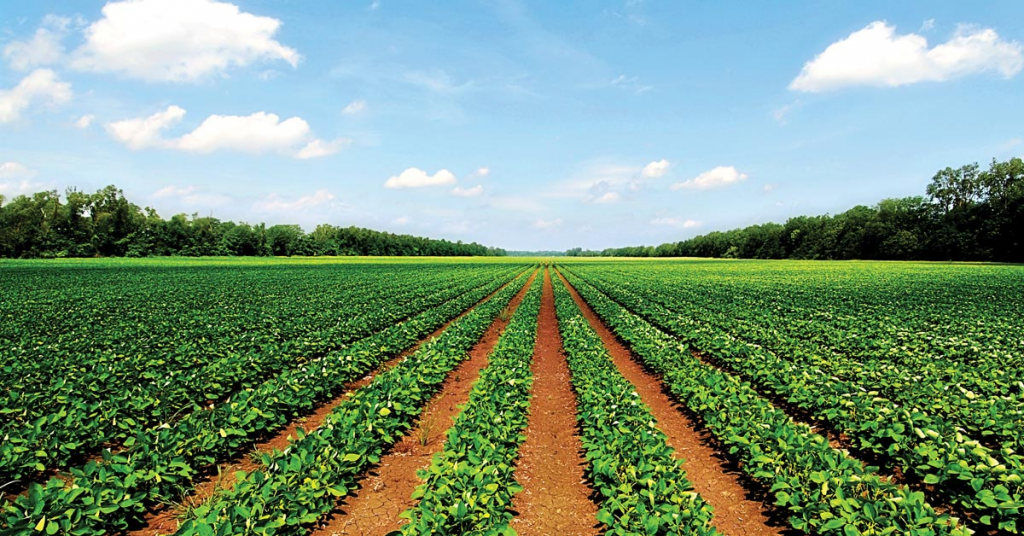Germany is facing calls to revamp its agricultural cooperation model with Africa, prioritizing food sovereignty and agroecological practices. Experts argue that Africa’s dependence on external inputs has left smallholder farmers vulnerable, hindering the continent’s ability to address its ongoing food crisis.
A policy brief, jointly authored by Power Shift Africa and Germanwatch, highlights the severity of the situation. In 2023, a staggering 868 million Africans experienced food insecurity, with 342 million facing severe hunger. Climate change further exacerbates the problem, disrupting food production through frequent droughts, floods, and heatwaves.
The brief emphasizes the importance of food sovereignty, empowering communities to control their food systems. This approach counters corporate dominance in agriculture, ensuring African farmers have the necessary tools, resources, and autonomy to determine their agricultural practices.
Amy G. Thorp, Programmes Manager at Power Shift Africa, urges the German Ministry of Food and Agriculture (BMEL) to shift its approach. She stresses the need for African nations to have control over their agricultural future, particularly in light of the escalating food insecurity crisis.
Lazarus Nanzala, policy and advocacy advisor at SDG2 Advocacy Hub, echoes this sentiment, calling on Germany and other global partners to prioritize African-led solutions. He cautions against repeating “colonial frameworks” and advocates for investments in climate-resilient, farmer-driven food systems.
Lina Adil, Policy Advisor on Climate Adaptation and Loss and Damage at Germanwatch, emphasizes the importance of harmonizing food production, adaptation, and carbon sequestration within Germany’s strategy. This approach would transform agricultural landscapes into allies in the fight against climate change.
The policy brief stresses that Germany’s strategy should learn from past policy failures, including its previous strategy on food and agriculture for Africa, which failed to address the root causes of food insecurity on the continent. It highlights Germany’s crucial role in supporting Africa’s agricultural future, ensuring its food systems are sustainable, equitable, and resilient.
Would you like me to make any adjustments or explore any other topics related to this article?

